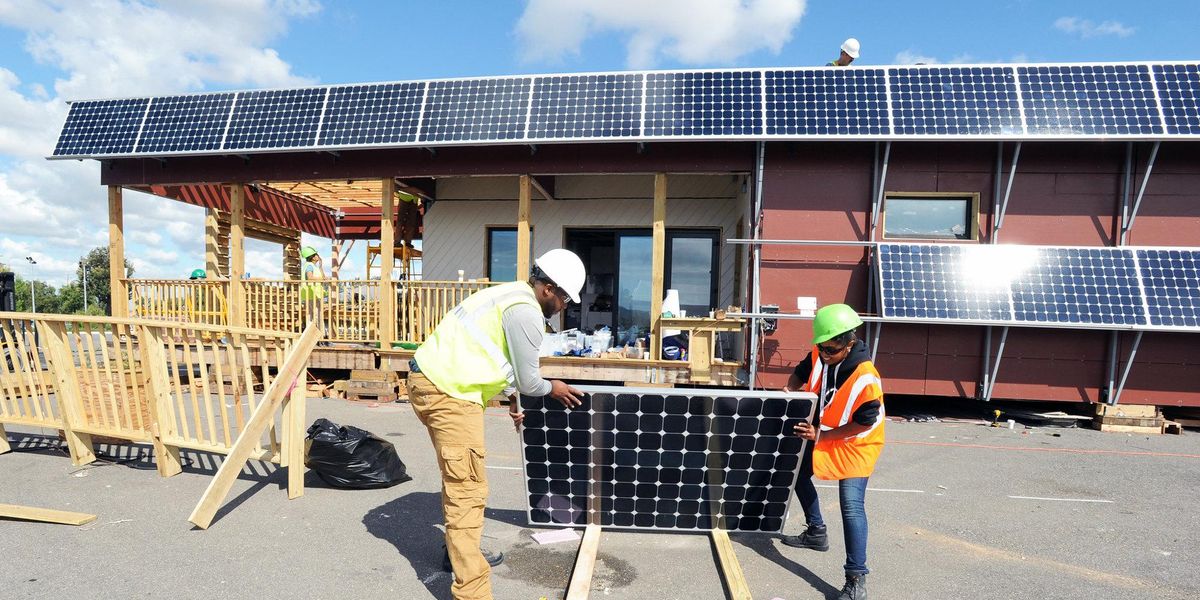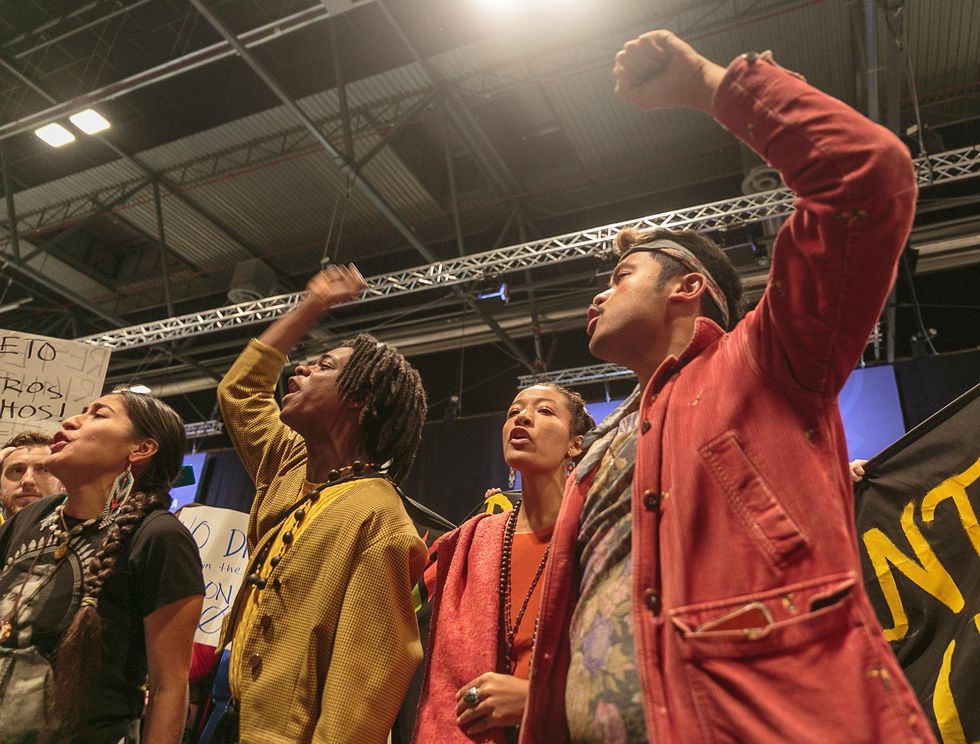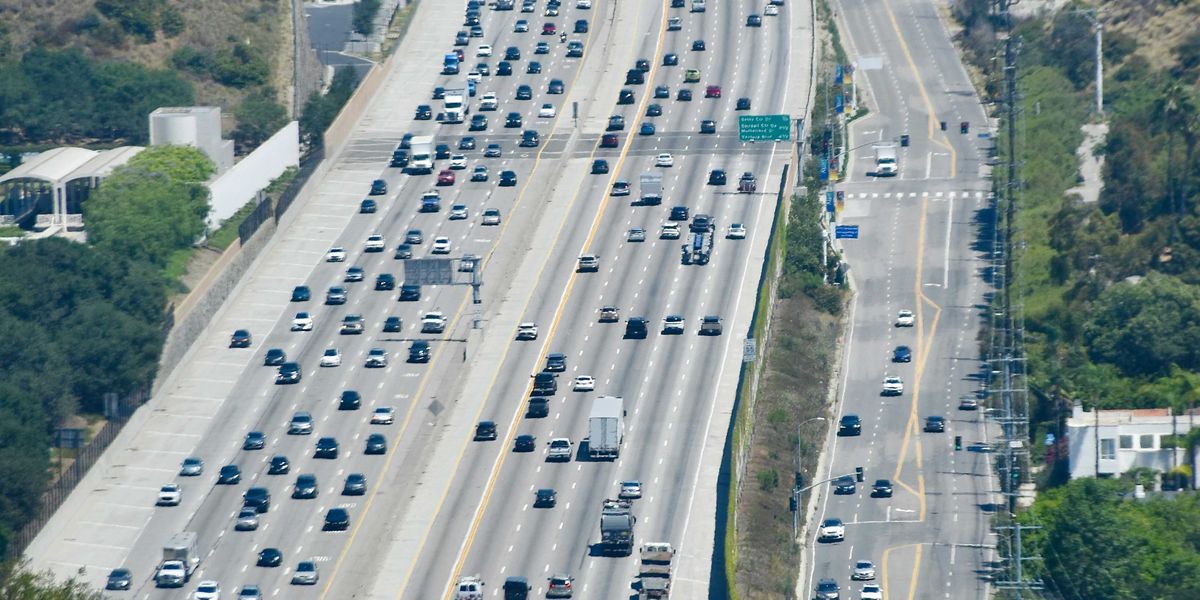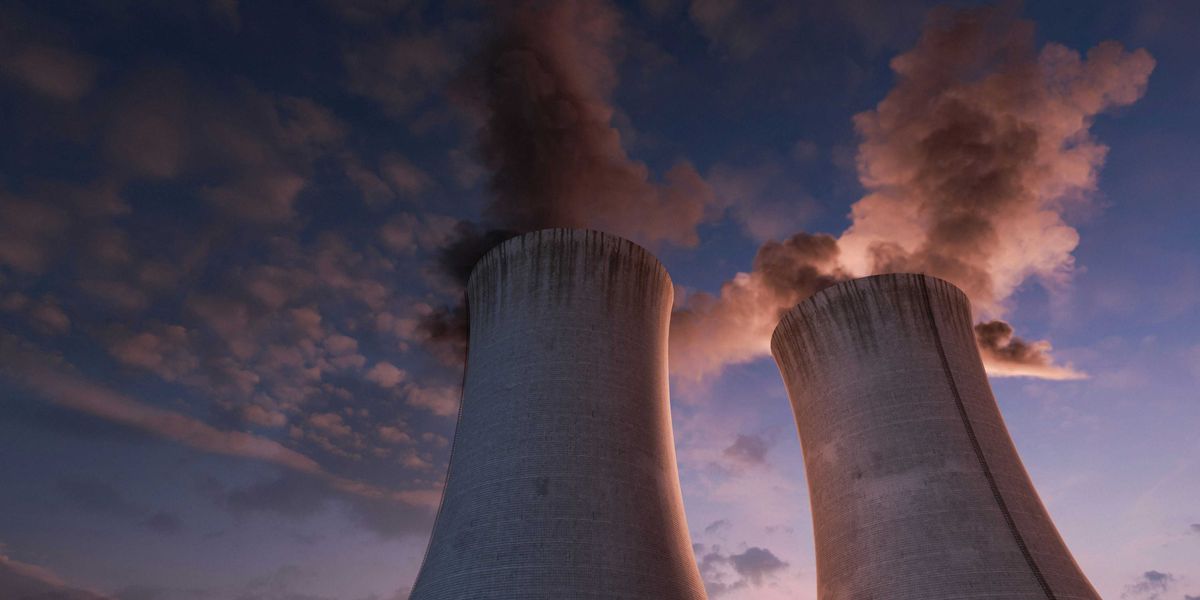
Op-ed: Solving the climate crisis requires more than switching to renewables—everyone needs equal access
Environmental justice policy is the best path to energy equity.
In 2020, the International Energy Agency named solar the "cheapest electricity in history," marking a significant victory for solar energy over fossil fuels in affordability.
This economic turning point is the next step in our global energy journey from wood to coal to oil to gas to renewables. Transitioning to 80% renewable electricity generation in the United States would alleviate an estimated 81% of the industry's emissions. As a chemical engineer researching solar cell materials, the long-sought economic viability of solar energy is exciting to me—and long-awaited. But it only solves one of a laundry list of problems with the U.S. energy infrastructure, and it will not actually protect those most vulnerable to climate change.
Black, Indigenous, and people of color (BIPOC) and low-income communities bear the brunt of climate change's negative impacts, as discussed in-depth by the NAACP, Union of Concerned Scientists, Nature Conservancy, U.S. Environmental Protection Agency, and many more. However, renewable energy technologies like solar cells primarily benefit wealthy and predominantly white communities rather than the aforementioned environmental justice communities. Mandates, like the 2020 law in California, which requires all new homes built in the state to have solar panels, price low-income communities out of such housing due to high upfront costs of renewable technologies.
The pivot in U.S. energy infrastructure must be more than just adopting a few new technologies—we must completely change the system by centering environmental justice. Why? Because for centuries that system has disenfranchised and discriminated against BIPOC and low-income communities.
Racial wealth disparities require more than new tech to bridge gaps
Our capitalistic society exploits energy resources rather than equitably utilizing them. Environmental justice is intrinsically anti-capitalist in the sense that for everyone to have equal and just access to clean air, water, food, and energy, there must be some level of government regulation and oversight of these commodities due to unreliable resource access throughout different parts of the U.S.
Racial and ethnic inequality in energy access largely originates from housing inequality, which remains a paramount issue today. In 1934, the U.S. government established the Federal Housing Administration to administer loans to families looking to buy homes. Approximately 98% of the loans granted between 1934 and 1968 were given to white people, and this practice was known as (legally allowed) redlining, a form of segregation that still plagues cities around the country. White families purchased homes and accrued generational wealth while Black families mainly rented homes. This contributed to the racial wealth gap that today also affects all other BIPOC communities and results in stratification of energy and utility access.
Related: How financial institutions engineered climate injustice and the clean energy colorline
Coupled with this were the discrimination and violence against Black people in the work force. Specifically, Jim Crow era segregation in the early- and mid-1900s made workplace discrimination in the government not only legal but encouraged, making it more difficult for Black people to hold well-paying civil service jobs. The effects of Jim Crow still resound today. The segregation and gap in generational wealth between white and BIPOC families determined what commodities and luxuries families could afford.
Because of this immense inequality, BIPOC households are more likely to suffer from energy poverty, whereby they pay a larger proportion of their income than average on utilities. This disparity stems from a lack of energy efficiency in homes accessible to BIPOC and low-income families. Additionally, BIPOC families have less reliable access to utilities, facing more frequent blackouts and utility shutoffs than white families.
None of these problems are intrinsically connected to the source of energy producing that electricity or heat. They are instead products of a racist, capitalist society that allows white wealth to prosper at the expense of racial equity and justice.
Corporate greed won’t change with a different energy product for sale

A march against climate injustice. (Credit: Friends of the Earth International/flickr)
Oil companies have a history of concentrating their industry and environmental impact in BIPOC and low-income communities. ExxonMobil and other oil and gas companies spent decades convincing the public and the government of doubt surrounding anthropogenic climate change to ensure their pockets would stay full. While renewable energy sources like solar and wind could alleviate the harmful emissions and pollution that plague fence-line communities, many other environmental justice issues would remain unless other changes are made.
As a glimpse into this future, one renewable energy giant called NextEra Energy emerged in the last few years rather quietly, gaining significant ground economically and beginning to rival the market capitalization of oil behemoths like ExxonMobil. NextEra began as a utility company in Florida and has since expanded nationwide providing solar and wind to cities and states all over the country. While the growing popularity of a renewable energy company is exciting, their path to success feels eerily familiar.
They grew profits by slowly and quietly using federal tax credits to fund new solar and wind projects and growing in market valuation until they could significantly undercut other renewable energy companies' prices, becoming the largest renewable energy company in the country. Their board is composed of mostly white and male leadership, and while they support environmental stewardship, none of their company objectives available on their website mention environmental justice.
So, while the country is finally excited about transitioning to renewable energy, rebranding our capitalistic energy industry with shiny solar cells instead of oily black gold will still leave BIPOC and low-income communities with most of the same problems they face today.
We need environmental justice now
The problems of inefficient energy infrastructure in homes, energy poverty, frequent blackouts, and loss of power in natural disasters will continue to disproportionately affect BIPOC and low-income communities regardless of the type of energy fueling their homes. True alleviation of climate change requires many policy initiatives including: household and utility plant weatherization funded at the federal and local levels; government regulation of energy companies to prevent price gouging and provide strong consumer protections; and involvement of stakeholders at all levels of local communities in the implementation of renewable energy.
I recently proposed a series of policies addressing these needs which fit into the Biden administration's current budget and promise to provide significant financial support to environmental justice communities. We cannot wait any longer to support our most marginalized communities. We need policy action centering environmental, climate, and energy justice, now.
Carolyn E. Ramírez is a Chemical Engineering Ph.D. Candidate at Northwestern University researching new materials for organic solar cells. Follow them on Twitter @CRami77.
Banner photo credit: Dept of Energy Solar Decathlon













